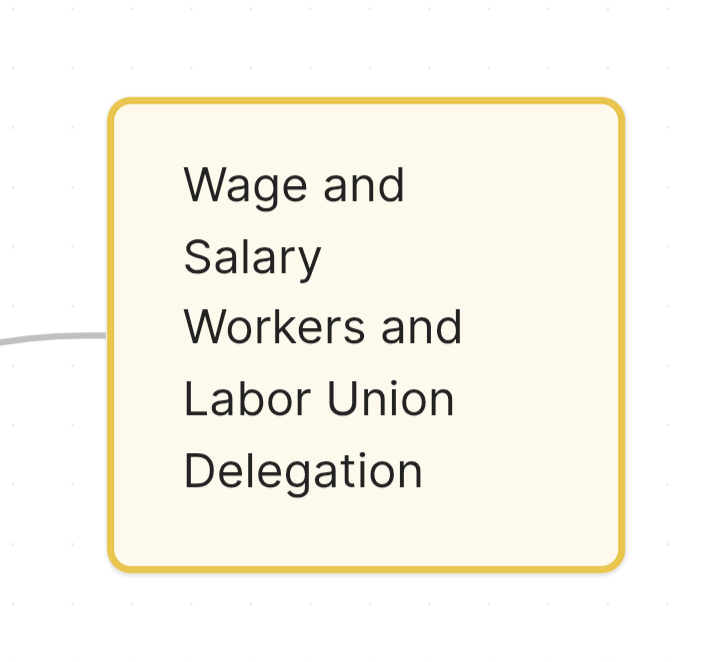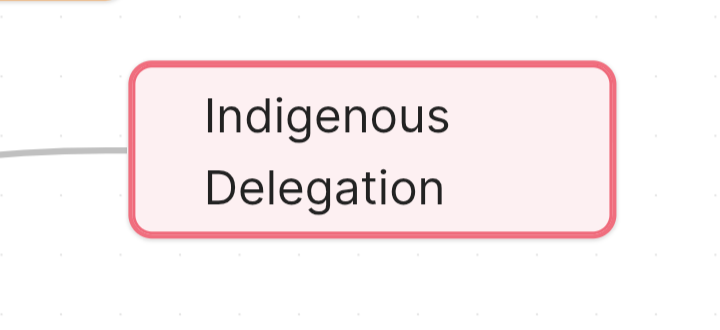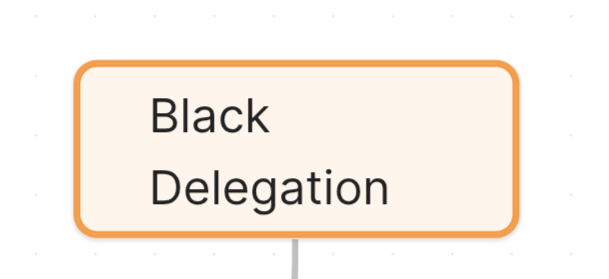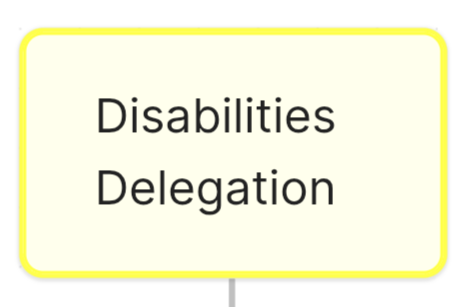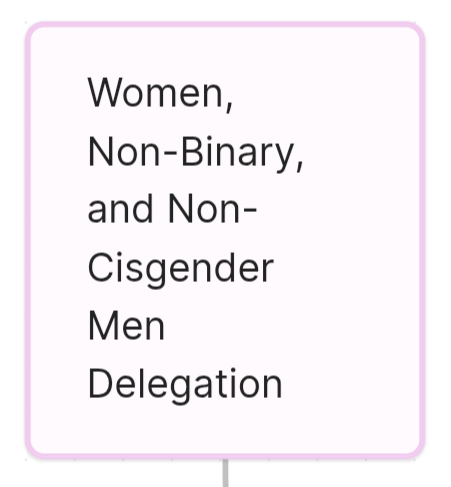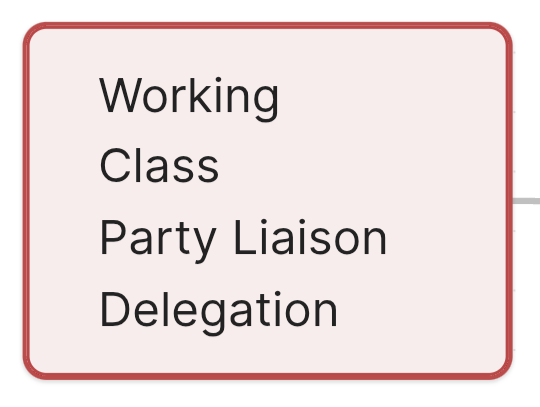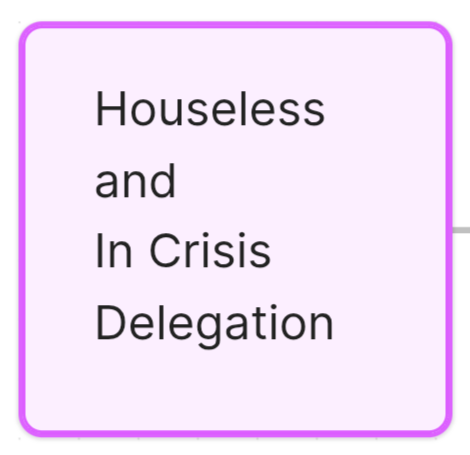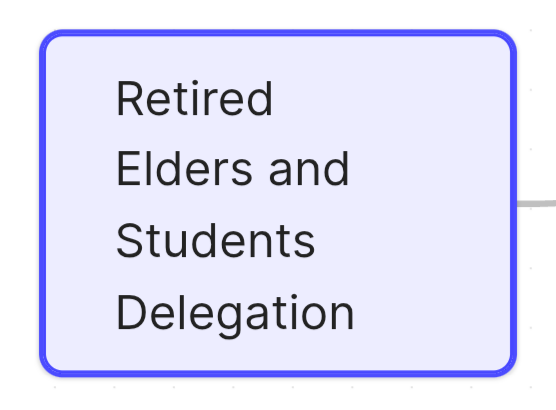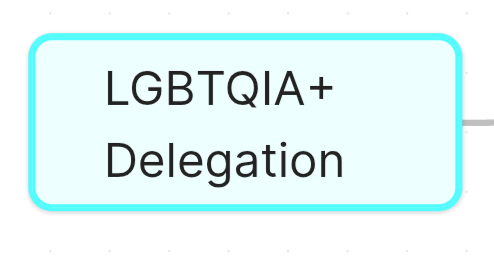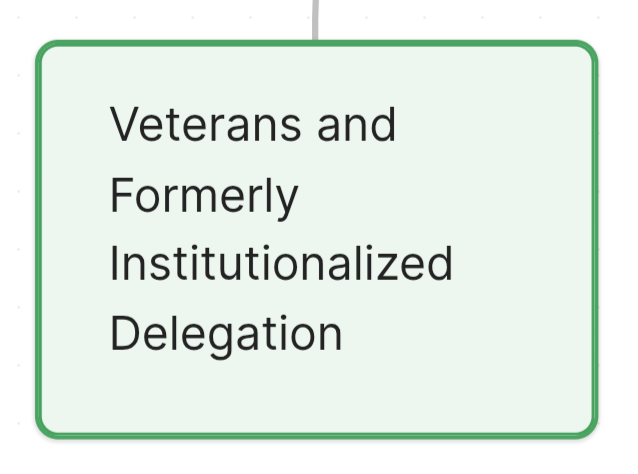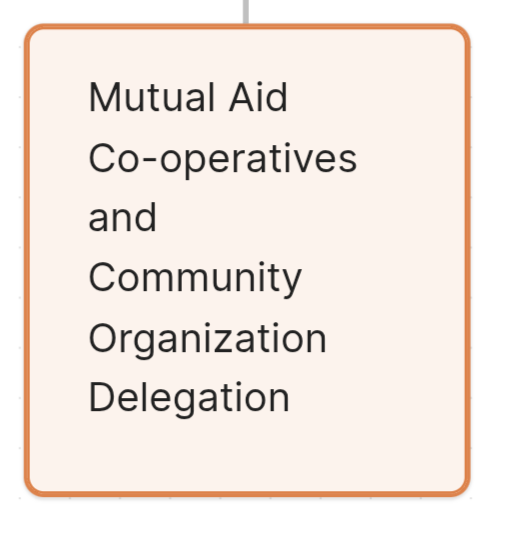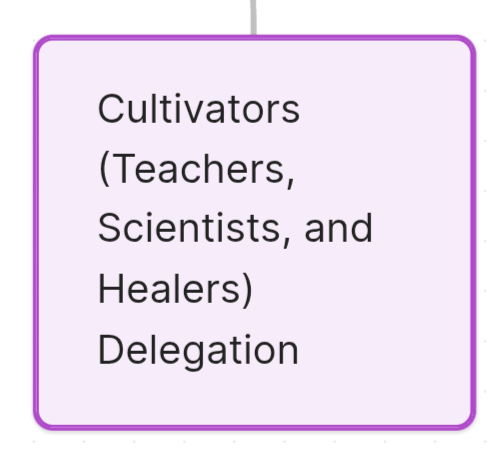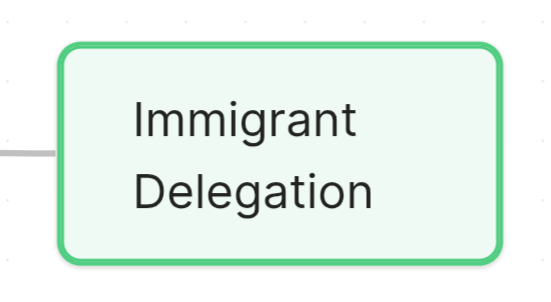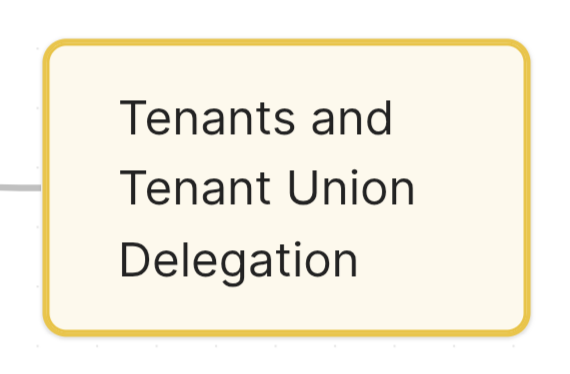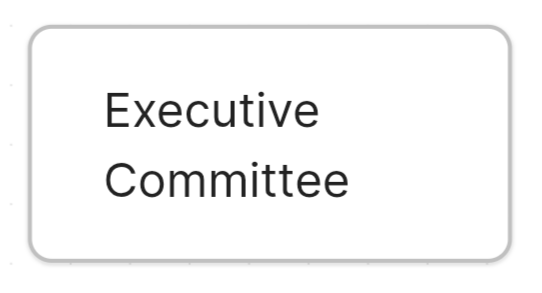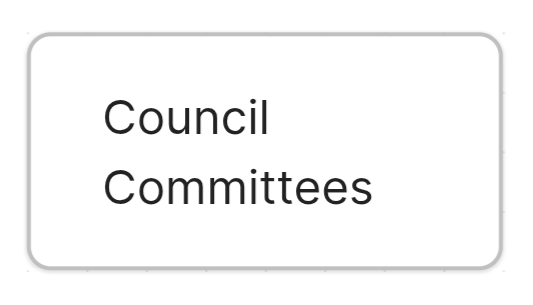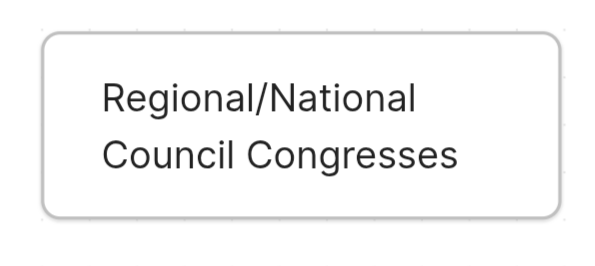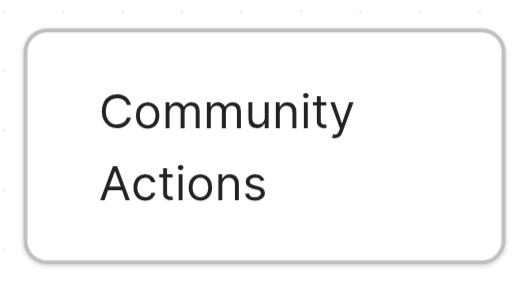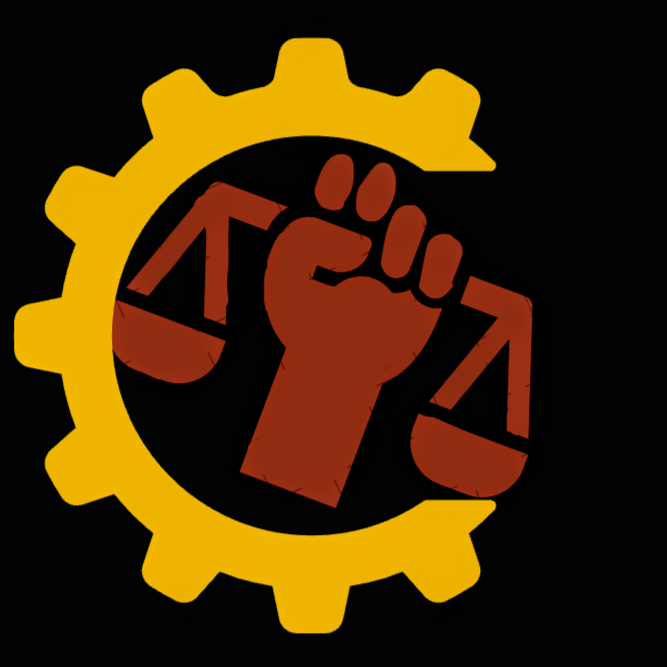
It’s Time For A New System.
When institutions fail to meet needs, when they’re weaponized against working, disabled, and marginalized people, we must create alternatives.
What is a Worker-Tenant Council?
A Worker-Tenant Council is the alternative community meeting and decision-making structure just for the working-class, its organizations and its parties. Unlike almost everything else in our system, it doesn’t include the employers or landlords, or the cops and incumbent politicians that work exclusively for those owners, and against us. This format is instead open source and ownerless, designed for the people themselves to use, to be set up jointly by organizations and unaffiliated activists, and replicated in any locality, forming a network that can be scaled up to the regional, national, and ultimately international levels while maintaining both the format and the power of the membership.
A council meeting is a local safe place for all wage/salaried workers, tenants, and their families to assemble regularly to coordinate defense, discuss ideas, problems, grievances, solutions, to facilitate mutual aid, plan group actions and events, delegate tasks, workshop or perform art, make connections, seek advice, or anything else the attendees see fit in the spirit of solidarity and community.
The immediate aim of a council is to aggregate and care for the surrounding working class by providing material assistance, promoting their ideas, advancing their interests, defending them from class oppression, advancing their education, and instilling solidarity and a revolutionary optimistic spirit that develops from common ownership, communal support, and equitable belonging.
Developed through the synthesis of historical example, prior existing theory, and our current material conditions, Worker-Tenant Councils are designed to connect all of our various anti-chauvinist struggles into functional bodies for direct action while preserving the dignity of and delivering explicit power to the historically marginalized from the beginning.
A New Democratic Format
To accomplish this effectively and ethically in our modern world full of white supremacy, ableism, patriarchy, imperialism, and other engrained chauvinism, it is vital that the decisionmaking structure of the Worker-Tenant Council is based solely on the equitable power of the marginalized, while denying a formal voice to all oppressing classes, both economic and social. This is why Worker-Tenant Councils utilize voluntary, intersectional delegations of each marginalization– and only each marginalization- to speak and vote. These delegations are a form of liquid democracy where the membership retains all voting power, while the elected leadership is deprived of it.
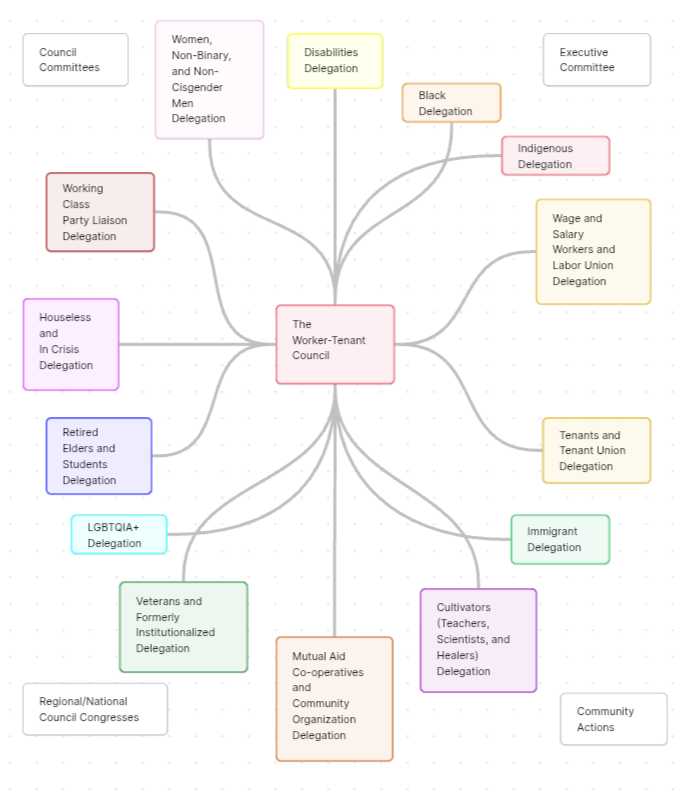
Meet the Delegations!
Select a delegation below that matches you to learn more about it! And remember, these are intersectional, so if you fit multiple delegations, you’re a part of multiple delegations, so be sure to check them all!
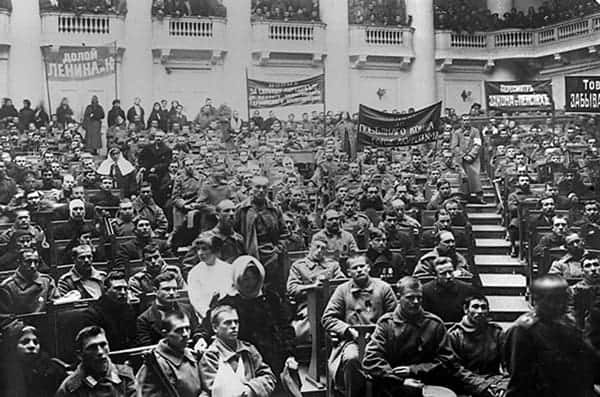
Frequently Asked Questions
Is a Worker-Tenant Council just a Union?
Not quite. A Worker-Tenant Council is more than a union. But it’s roots are union strong. In 1905, Russian unions initiated a general strike but needed a body to coordinate between all the various industries and shops. From that, the first workers councils were born, from the workers themselves! At that time they didn’t survive because they let liberals and capitalists take power in the Duma Congresses, instead of taking power themselves. But when those liberal congresses failed, the councils came back with all of the working and oppressed masses, including a major alliance with the peasants, and made the revolution on their backs!
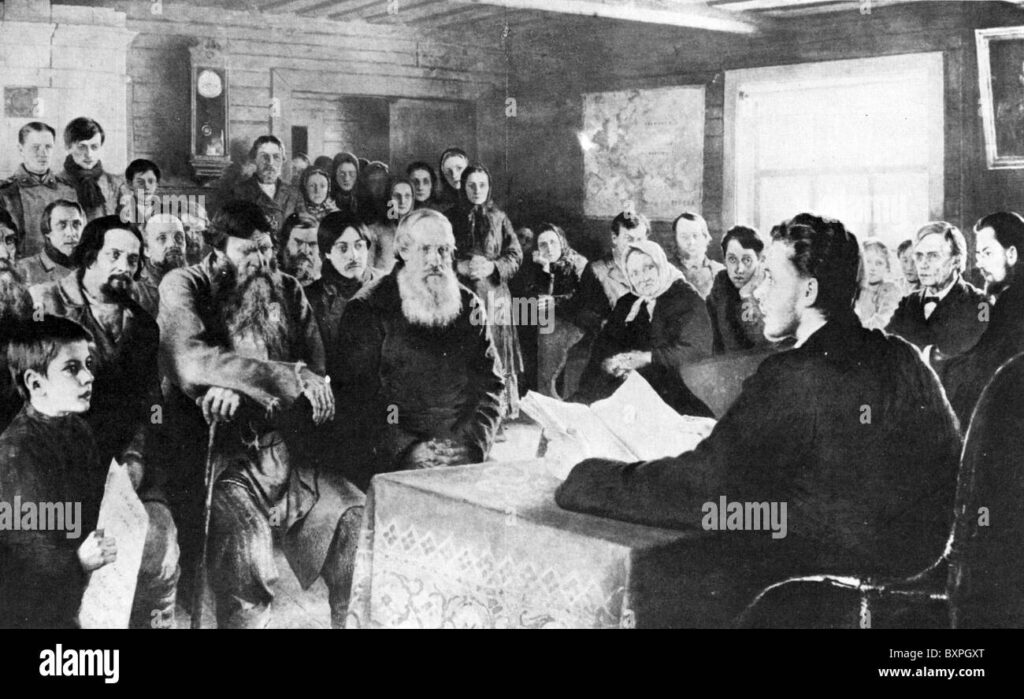
Normally, a union brings together the workers from one business or one industry, and they represent one form of mass power, which they use to negotiate with owners for incremental gains on a contract. A tenant union might unite several properties or the renters in an area, and they represent one form of mass power, which they use for incremental gains in their living conditions and rents. But they also only each account for a fraction of the working and renting population, and a fraction of the whole movement. Sometimes unions will coordinate actions, but those involve individual connections among various unions. To achieve more than incremental gains, unions have to unite with each other and with the rest of the working class organizations.
One purpose of a worker tenant council, among others, is to unite all of these scattered unions into local hubs, where not only can unions coordinate among themselves, but also among other working class organizations. But they can also reach non-union council members, to form or join a union themselves, participate in pickets, or help with strike aid. Unions can also send local representatives to participate in council procedures and actions, give presentations, enforced boycotts on bad businesses, assist in setting up new councils, and unions could consider creating a union council-fund to assist with council-related actions or contribute to council mutual aid groups.
A worker tenant council isn’t itself a union, and it isn’t only unions, but unions are a valuable symbiotic spoke in the council hub. If you’re in a union, consider rallying yours to help create a worker tenant council in your town! It can start from anywhere! After all, the first councils were born as general strike committees between industrial unions who were done accepting scraps from the owners and the government.
Are the Worker-Tenant Councils “Council Communism”?
Not Quite! Council Communism rejects the leading role of the vanguard working class party, whereas Worker-Tenant Councils embrace its principled guidance. However, the west is full of factional parties that havent yet proven themselves to be such a principled party. Because of that, all working class parties share a delegation and must work out their own issues in order to deliver clear leadership, deep connections to the working class, and consistent principled analysis. If no party can demonstrate an ability to build consensus and self-criticize, then they are unfit for the historical role they have chosen.
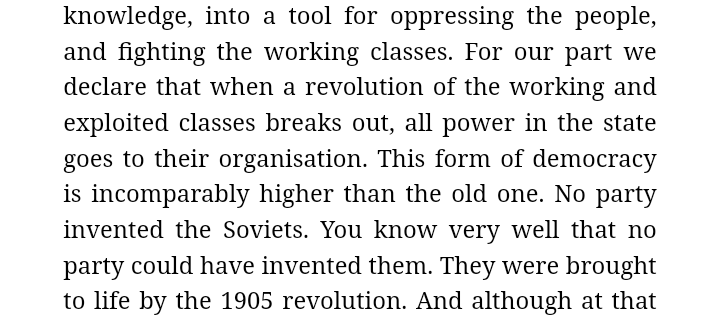
“Isn’t this what the government is for? Run for office!”
If the government worked for the working class, it would have done so by now. If the major parties were listening, they would have acted on our behalf. If third parties were viable inside this system, they would have won elections by now. The fact is that the system is openly hostile to working class, disabled, and marginalized people’s needs at worst and criminally negligent of them at best. This system was never built for us to succeed, but instead for the owners to control us and destroy our internationalist solidarity.
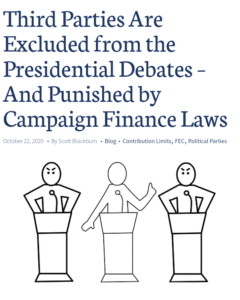
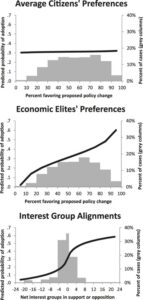
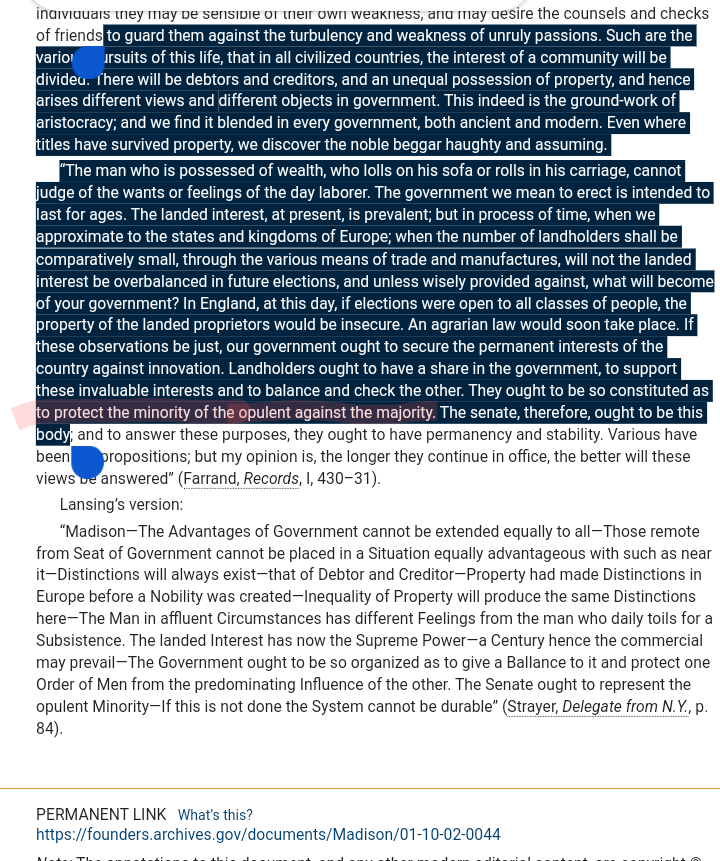
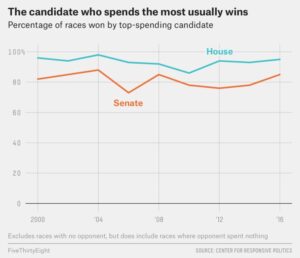
How do I get started?
The best thing you can do is to set up your own council, the next best thing is to talk about it and share it with every working class person and organization you know.
Remember to check the “Council Framework” tab to save and print it out to distribute, as well as the “Community Actions/Other Resources” tab for endless steps you can start taking today to change the world.
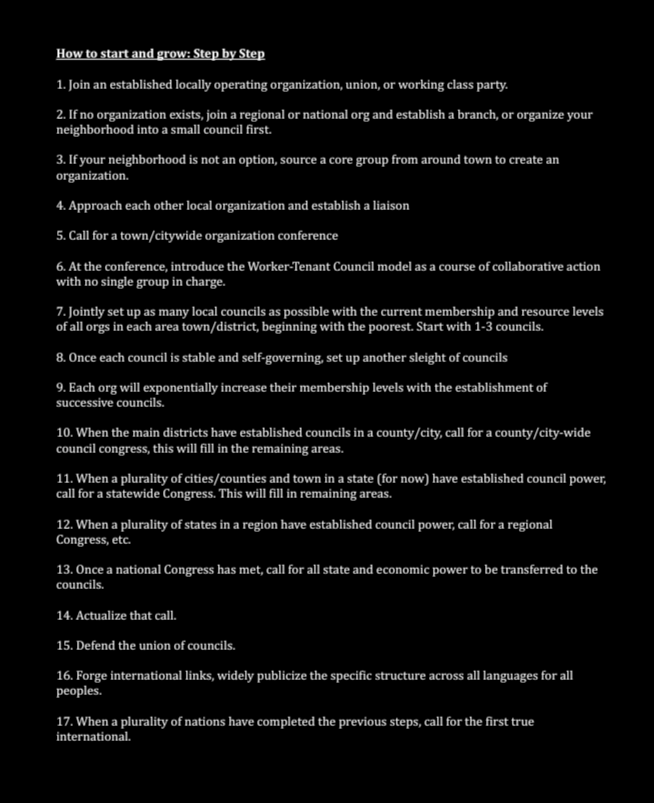
Got questions?
Feel free to reach out.
